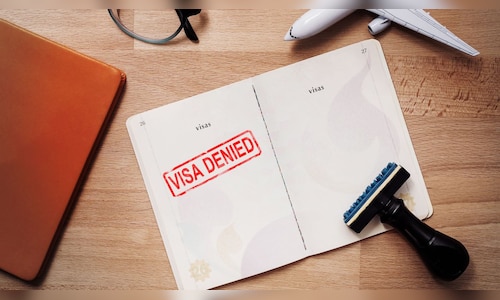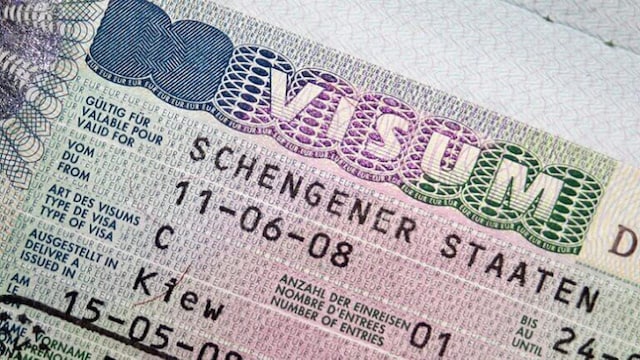
 1 / 12
1 / 12Applying for a Schengen visa is a meticulous process, with consular officers assessing every detail of your application to ensure it meets the strict requirements of the EU Visa Code. However, even well-prepared applicants can face rejection if they fail to satisfy specific conditions or provide sufficient supporting documents. Understanding the common reasons behind visa refusals is crucial, as it help applicants avoid costly mistakes and improve their chances of approval. (Image: Shutterstock)

 2 / 12
2 / 12Every year, millions of travellers apply for Schengen visas to travel across Europe, but a significant number face rejection due to errors or misunderstandings. From incomplete paperwork and financial inconsistencies to doubts about an applicant’s intent to return, the reasons for denial vary widely. By learning why Schengen visas are commonly refused and how consular officers evaluate applications, travellers can better prepare and present stronger cases for approval. Here are 10 reasons why your Schengen Visa application can be rejected. (Image: Shutterstock)
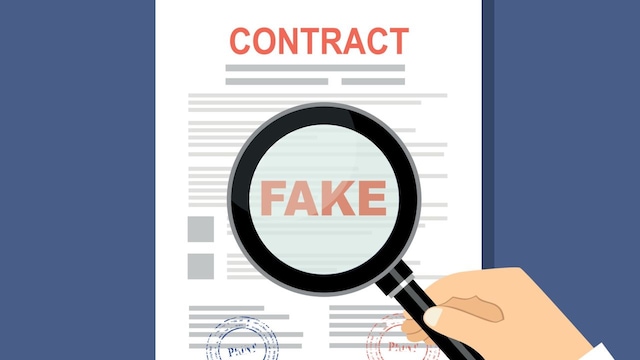
 3 / 12
3 / 121. Submitting false, counterfeit, or forged travel documents | Submitting fake or altered documents such as passports, bank statements, or employment letters is a serious offence under the Schengen Visa Code. Consular officers are highly trained to detect fraudulent paperwork using verification tools and cross-checks. Providing such documents can not only lead to visa refusal but may also result in a travel ban or legal penalties. (Image: Shutterstock)

 4 / 12
4 / 122. Failure to justify the purpose and conditions of your stay | If you cannot provide clear and verifiable evidence for your reason to travel, your visa may be rejected. Officers need consistent documentation, such as hotel bookings, invitation letters, or conference confirmations, that align with your stated purpose. Vague or unsupported travel intentions, such as “general tourism,” weaken your application.
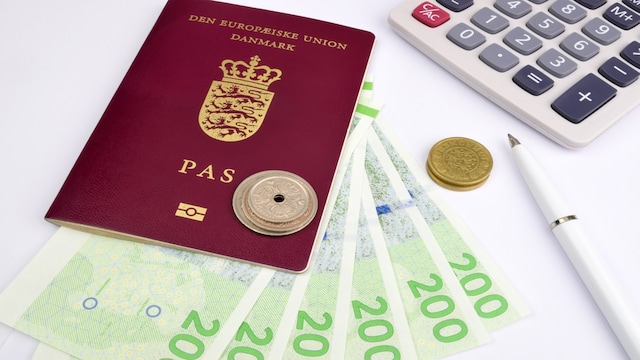
 5 / 12
5 / 123. Lack of sufficient financial means | Applicants must demonstrate that they have enough funds to cover all expenses during their stay and for their return journey. Insufficient or unstable financial records often raise doubts about whether the trip is financially feasible. Consulates expect genuine, verifiable proof of income, bank balance, or sponsorship to ensure self-sufficiency during travel. (Image: Shutterstock)

 6 / 12
6 / 124. Overstaying the 90/180-day limit | The Schengen short-stay rule allows visitors to stay a maximum of 90 days within any 180-day period. If you have already reached this limit, your new visa application will automatically be rejected. Authorities strictly enforce this rule, and even one extra day of overstay can negatively affect future visa applications. (Image: Reuters)

 7 / 12
7 / 125. Schengen Information System alert against you | An active alert in the Schengen Information System means that a Member State has marked you for refusal of entry. Such alerts can result from immigration violations, security risks, or previous deportations. Once listed, your visa cannot be approved until the alert is lifted or resolved through legal procedures.

 8 / 12
8 / 126. Being considered a threat to public policy, security | Applicants with serious criminal records, contagious diseases, or links to extremist groups may be denied a visa. Member States prioritise the safety and well-being of their citizens when assessing such cases. Even if the applicant poses no immediate danger, any suspicion affecting public security or diplomatic relations can trigger a refusal. (AP Photo/Damian Dovarganes, File)

 9 / 12
9 / 127. Failure to provide valid travel medical insurance | All Schengen visa applicants must present proof of medical insurance covering at least $32,500 for emergencies, hospitalisation, or repatriation. If the policy is invalid, incomplete, or does not cover all Schengen countries, the application will be refused. Proper insurance ensures travellers can handle unexpected health or travel emergencies abroad. (Image: Shutterstock)

 10 / 12
10 / 128. Providing unreliable or inconsistent information about your purpose of travel | When submitted documents contain contradictions or appear suspicious, officers may doubt the applicant’s credibility. Examples include mismatched travel dates, unverifiable invitation letters, or unrealistic itineraries. Consistency and authenticity across all documents are essential to maintain trust and avoid refusal.(Image: Reuters)
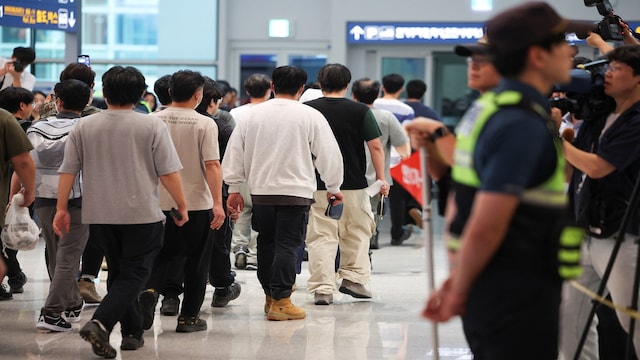
 11 / 12
11 / 129. Inability to prove intent to return home | Visa officers must be convinced that you plan to leave the Schengen Area before your visa expires. Weak ties to your home country, such as unemployment, lack of property, or family obligations, raise concerns about potential overstaying. Demonstrating stable employment, family commitments, or property ownership can strengthen your case. (Image: REUTERS/Kim Hong-ji)
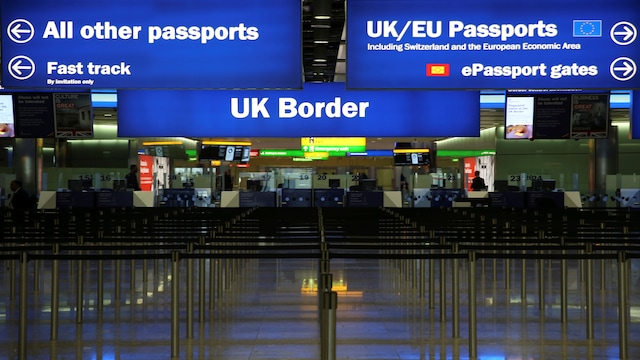
 12 / 12
12 / 1210. Insufficient justification for applying for a border visa | Border visas are issued only in exceptional emergencies, such as humanitarian reasons or urgent business travel. If you fail to prove why you could not apply in advance, the border authorities will reject your request. Planning your trip early and applying through official channels helps you avoid this issue altogether. (Image: Reuters)


